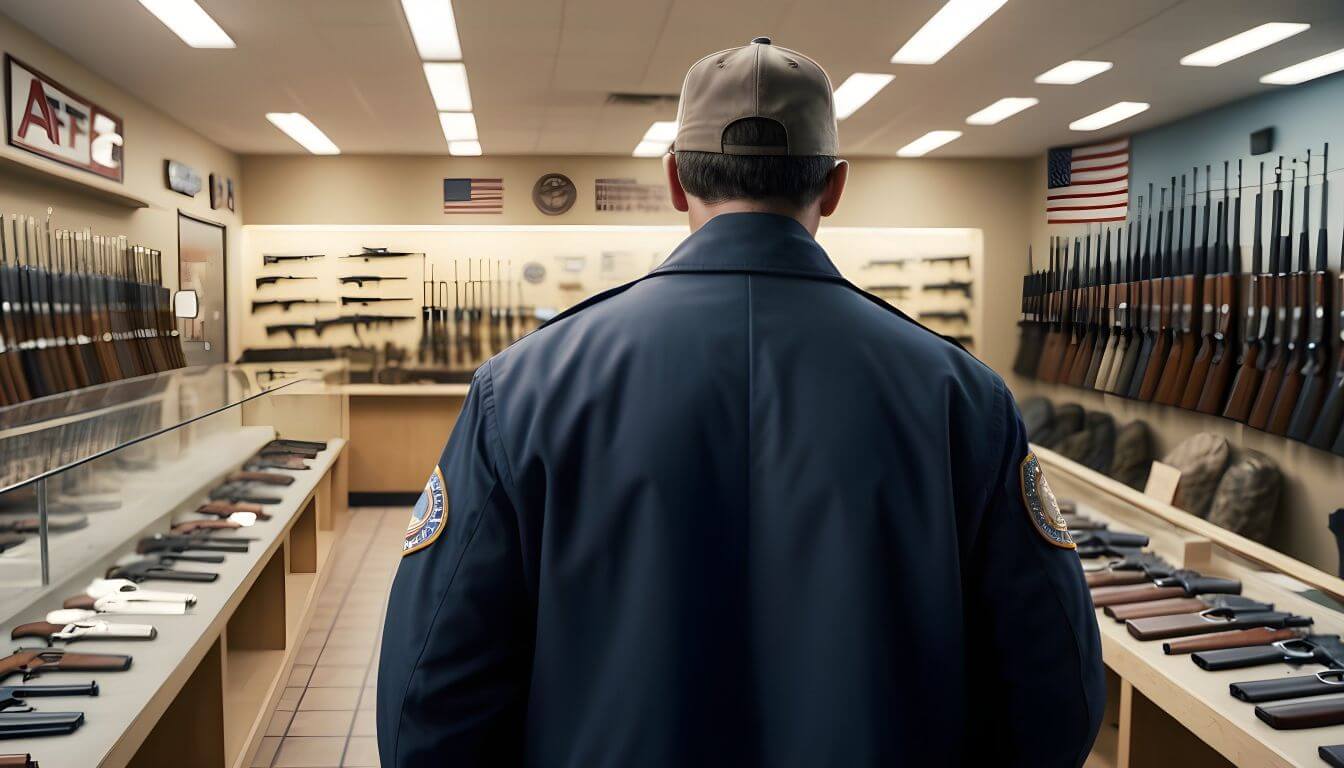In a recent incident, a federal Bureau of Alcohol, Tobacco, Firearms and Explosives (ATF) investigator reportedly halted the sale of a pistol at a gun store due to suspicions that the prospective buyer smelled of marijuana.
Referred to only as Daniel, this individual denied being high and expressed confusion about the situation. According to Ammoland, Daniel had already completed federal paperwork asserting his eligibility to own a firearm and passed a background check for the handgun.
This incident underscores the ongoing debate surrounding Second Amendment rights and marijuana consumption. While many states have legalized cannabis, the clash between state and federal laws continues to cause uncertainty in various aspects, including gun ownership.
Marijuana Users and Second Amendment Rights: The Department of Justice’s Stance
The Department of Justice (DOJ), under the Biden administration, argues that marijuana users are more likely than ordinary citizens to misuse firearms and, therefore, should not have Second Amendment rights. This stand is apparent in their filing for a federal appeals court case earlier this month.
The DOJ is appealing a federal court decision from North Carolina that deemed prohibiting firearm possession by an unlawful drug user unconstitutional. As such, the issue has been frequently raised in multiple state legislatures and federal courts in recent years, with both cannabis advocates and gun owners challenging the prohibition of marijuana consumers from owning firearms.
Juggling State Laws and Federal Regulations
Although many states allow the use of marijuana for medical and recreational purposes, it remains a Schedule I controlled substance under federal law. This classification makes it illegal to purchase, possess, or distribute marijuana on a federal level, regardless of the respective state laws. Consequently, gun stores operating under federal licenses must follow the rules set forth by federal agencies like the ATF and DOJ.
This conflict between state legalization efforts and federal regulations adds an extra layer of complexity when addressing individual rights. Many Americans find themselves navigating the grey areas, uncertain of the implications their marijuana consumption may have on other aspects of their lives – from employment to housing and even owning a firearm.
Proposed Legislation: An Attempt at Change
Last year, Rep. Brian Mast filed legislation seeking to protect Second Amendment rights for individuals consuming marijuana in legal states while still prohibited under federal law. His efforts demonstrate that lawmakers are actively working toward clarifying the entangled relationship between cannabis legalization and gun ownership rights. However, until laws align at both state and federal levels, situations like Daniel’s will continue to create uncertainty among citizens wishing to exercise their Second Amendment rights.
Moreover, the reclassification of cannabis from a Schedule I to a Schedule III drug could significantly simplify the process for legal cannabis users in purchasing firearms, as current federal regulations disqualify individuals using substances under Schedule I from obtaining firearms, a restriction that wouldn’t apply to Schedule III substances.
A Balancing Act: Rights, Safety and Public Opinion
The debate surrounding gun ownership and cannabis consumption can be seen as a balancing act between individual rights, public safety, and varying societal views.
Proponents argue that responsible, law-abiding adults should not have their Constitutional rights revoked simply because they choose to consume a substance legally in their state. On the other hand, opponents point to concerns about the potential risks associated with combining firearms and drug use – such as increased likelihood of accidents or misuse.
As the country continues to grapple with these intertwined issues, it ultimately falls upon lawmakers, courts, and enforcement agencies to ensure that policies enacted strike the right balance in honoring citizens’ rights and minimizing risks associated with this complex situation.





